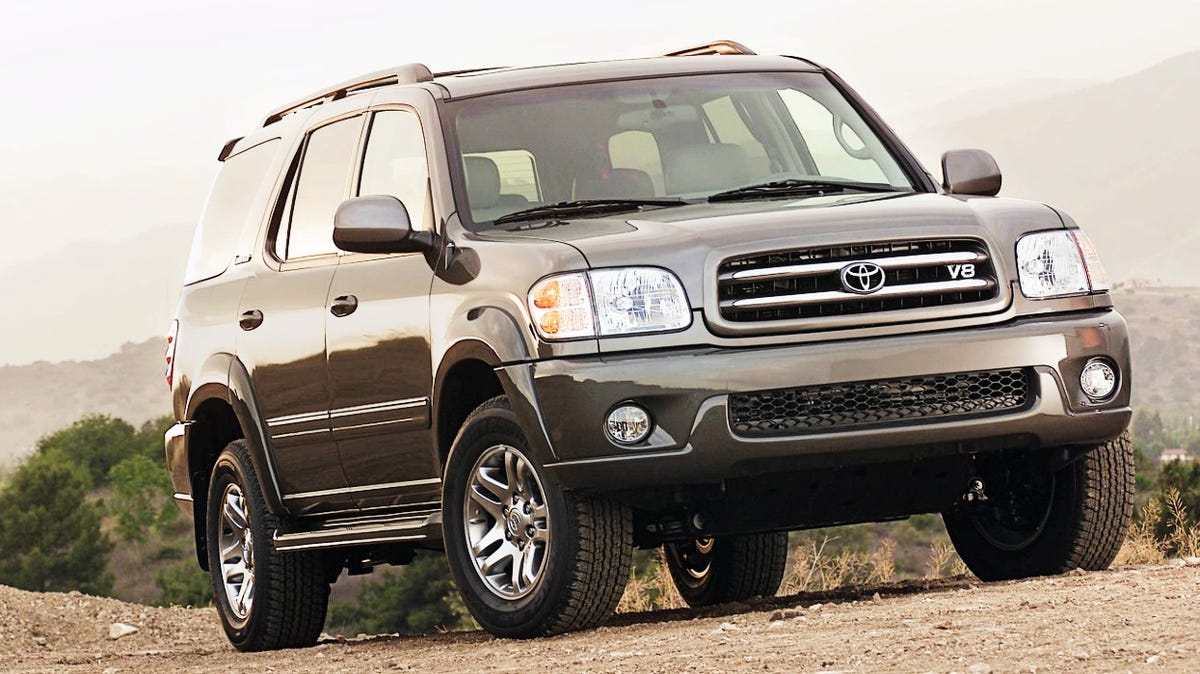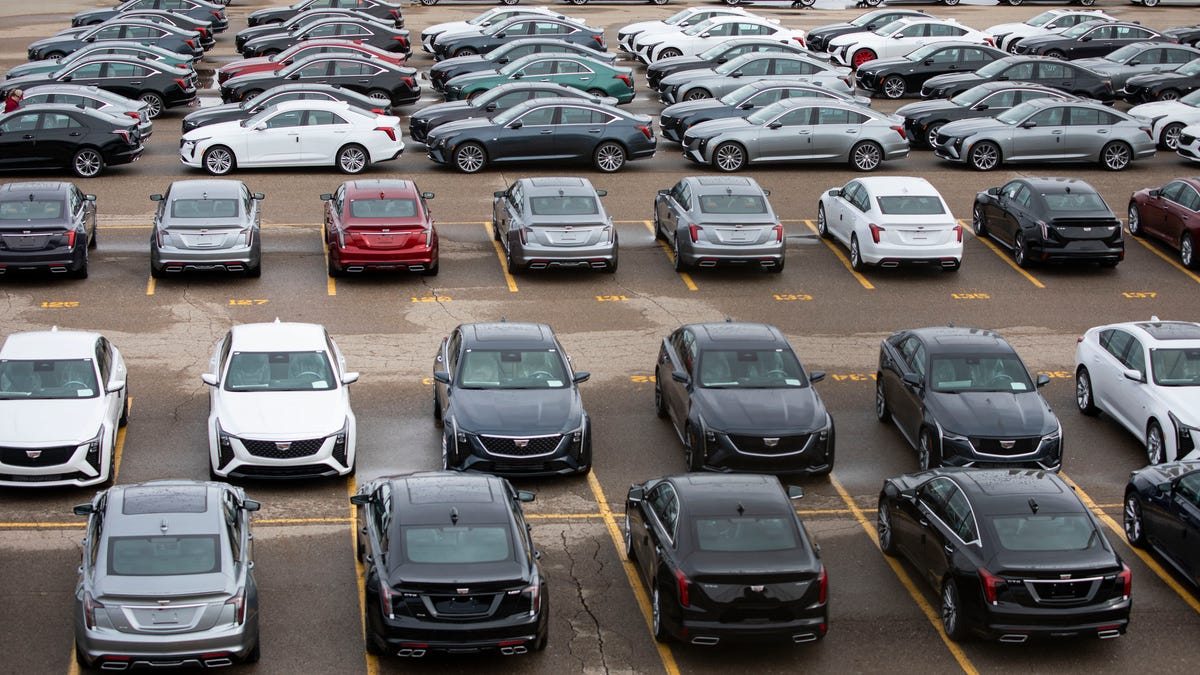Is age just a number when it comes to used cars?

Buying, selling a car online tips and tricks to know
Here are some easy ways to determine how much your car is worth.
Problem Solved
- Vehicle degradation depends on mileage more than age.
- One study proved that several vehicles can last for 250K miles.
- Drivers can estimate their vehicle’s lifespan by dividing the total miles before major repairs by annual driving range.
Buying older used car models can save drivers big bucks. The question is, how old is too old for a used vehicle? Is there a definitive age cutoff when it comes to buying a reliable used car model?
There are several factors that should be considered when searching for an older used model. Surprisingly, age isn’t as important as mileage, make/model, and overall reliability when it comes to a car’s lifespan.
Are 20-year-old used cars too old to buy?
Age can play a role in vehicle lifespan, but it isn’t always the best metric to gauge the potential longevity of a vehicle. In fact, some older well-maintained vehicles could be nearly as reliable as newer model years based on design.
A 20-year-old car that has traveled for the average annual miles driven per year (14,489 miles according to Kelley Blue Book) is likely well past its prime. On the other hand, vehicles that have accumulated less miles per year than the annual average and are well-maintained could still last for years before major mechanical issues.
Debilitating rust or major mechanical failures are cited as signs a vehicle is “too old to drive”, according to a piece regarding vehicle age by Capital One. That said, there isn’t a specific vehicle age where any car becomes so antiquated that it’s rendered useless.
Mileage: A true indicator of vehicle age and degradation
Age may not be the best indicator of where a vehicle currently is in its lifespan, but mileage (on original parts) can help car buyers understand how many miles and years a vehicle has left on average. A study by iSeeCars.com, an automotive research site, compiled a list of the 30 vehicles most likely to last for up to 250,000 miles. The study analyzed odometer reading data for over 402 million vehicles.
The average vehicle only has an 8.6% chance of reaching 250,000 miles or higher, according to iSeeCars. Thus, 250K miles is a fair mileage number to set as the end of a vehicle’s lifespan (optimistically). Realistically, most vehicles will only last up to 200,000 miles (or less) before encountering major mechanical issues.
Several Toyota models topped iSeeCars’ list of vehicles most likely to reach 250,000 miles or more. Vehicles like the Toyota Tundra pickup truck and Toyota Sequoia SUV have over a 36% chance of reaching the mileage milestone, which is a much higher percentage than that of the average vehicle (8.6%).
Models like the Toyota 4Runner SUV and Toyota Tacoma pickup truck have over a 26% chance of reaching 250K miles or more. Vehicle age has no correlation with mileage because the annual miles a driver accumulates can vary.
The average lifespan of a car based on mileage
Assuming that a car is driven for Kelley Blue Book’s estimate of an average 14,489 miles a year and the average vehicle lasts for around 200,000 miles before major mechanical issues, a conservative estimate for a car’s lifespan is 13-14 years. You can get a more specific estimate for your vehicle by dividing 200,000 total miles by your average annual mileage. Vehicles with above-average reliability such as the Toyota models that topped iSeeCars’ list can have an above-average lifespan.
The numbers used to calculate a car’s lifespan are based on miles driven, not years owned. So, a 20-year-old car that has accumulated under 200,000 miles could last for years, depending on its mileage and reliability. Based on the iSeeCars study, at least six different vehicles have over a 25% chance of reaching 250K miles or more, increasing their lifespan estimates significantly.
The five vehicles most likely to last for 250,000 miles according to iSeeCars
- Toyota Sequoia
- Toyota Tundra
- Toyota 4Runner
- Toyota Tacoma
- Toyota Highlander Hybrid
No car is too old to buy, but a car’s mileage can be too high to be reliable without significant repair costs. Parts such as engines and transmissions experience extreme wear and tear as cars accumulate 200K miles.
Luckily for drivers, some cars (like Toyota models) age better than others in terms of degradation. If a car has racked up so many miles that it needs a new engine or transmission, it may not be worth buying due to the cost of parts and repairs.









